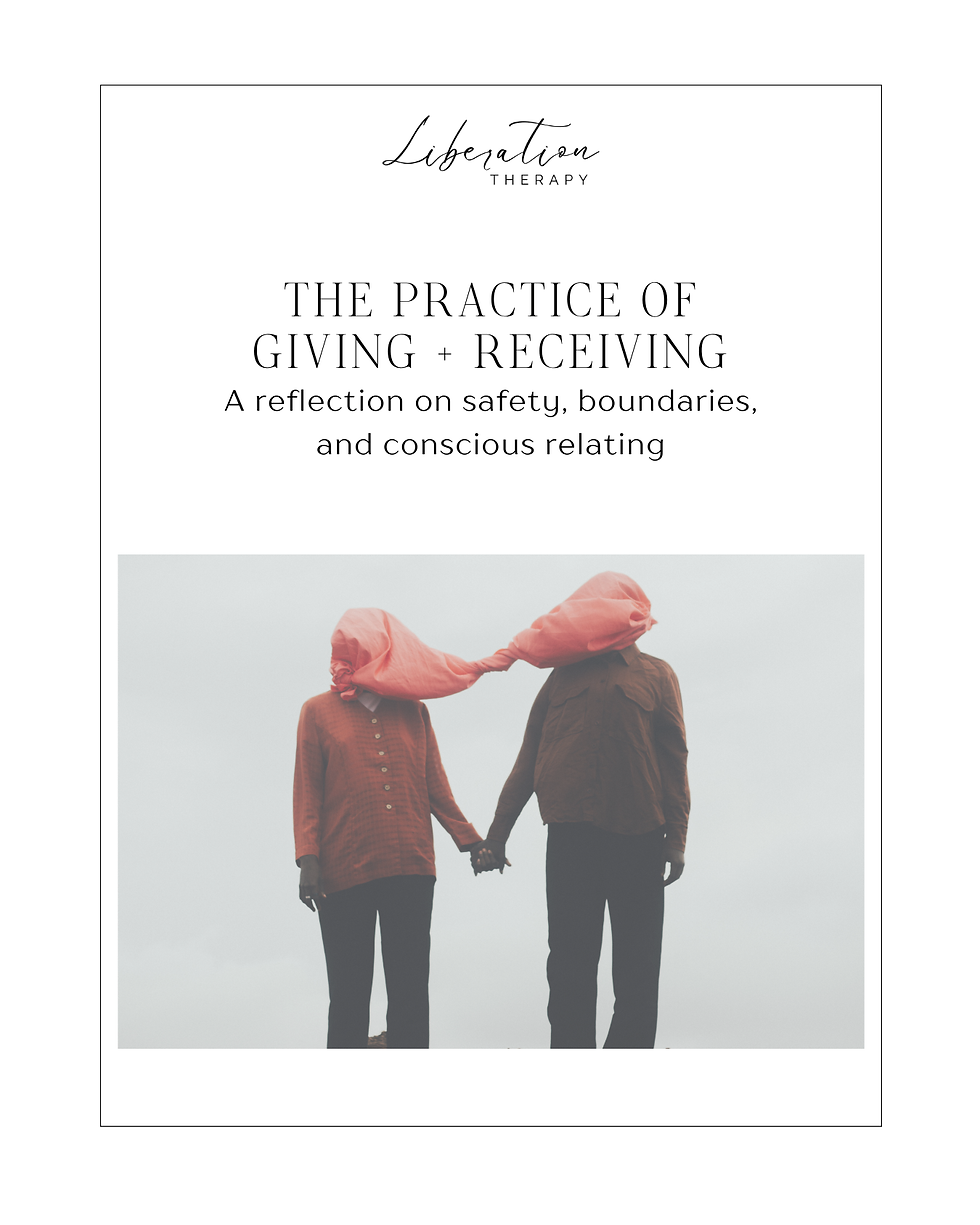The Subtle Violence of Looking Like You’re Okay
- Zero (aka Charlie Nicely)

- May 6, 2025
- 2 min read

There is a kind of performance that shows up across all spaces—spiritual, professional, personal. It speaks in polished declarations: I’m clear. I’ve mastered my emotions. Nothing touches me now. Whether wrapped in wellness language, corporate sheen, or spiritual glow, the message is the same: I’m untouchable.
But beneath the shine is often something much older: shame. Not the loud kind, but the buried kind. The kind that learned early on that being messy, needy, uncertain, or visibly struggling wasn’t safe. That love, belonging, or even survival depended on staying composed. That worth must be proven through control.
This shame is not personal—it’s cultural. It’s systemic. It traces back to the legacy of colonization, where entire peoples were stripped of their ways of being, and forced to adopt imposed ideals: productivity over presence, control over feeling, perfection over process. These patterns were shaped within white supremacy culture—where “right” looks like neatness, emotional restraint, and self-sufficiency at all costs.
And still today, the performance of “being okay” is rewarded. In the boardroom. On the timeline. In spiritual communities. Even in healing spaces.
But something essential is lost when we trade honesty for image. When we curate ourselves into something seamless, we lose the sacred, tangled places where real connection happens—not in the polish, but in the tremble. Not in mastery, but in the mutuality of being human.
We all carry the desire to be seen, held, and met as we are—not as we perform ourselves to be. And we all deserve spaces where vulnerability isn’t punished, where struggle isn’t hidden, and where the mess of becoming is honored, not shamed.
Whether in spiritual spaces or everyday conversation, we don’t need more proclamations of perfection. We need space for what’s real. For grief. For longing. For the beauty of being unfinished.
That’s where liberation lives. That’s where connection begins.



Comments